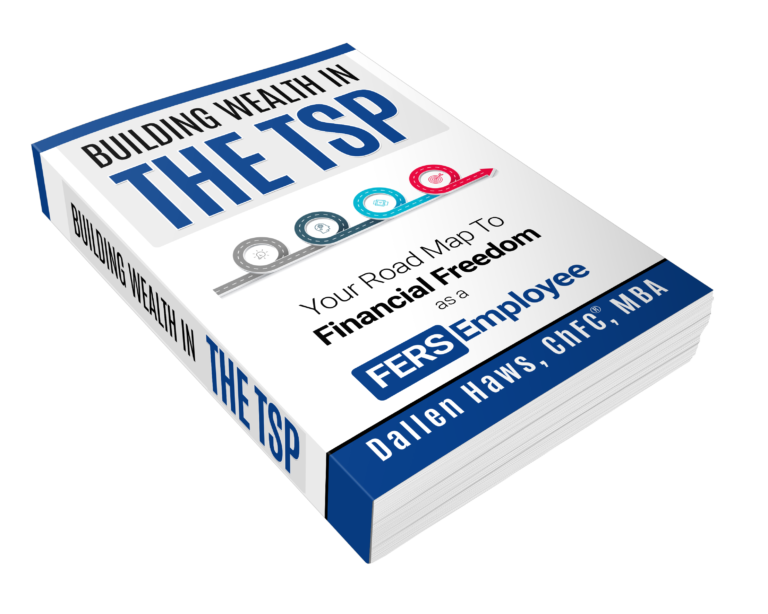Just like your TSP, pension, and other retirement income, your insurance plays a major role in your career and in retirement. Getting the right coverage is not only crucial for a solid financial plan but there are often opportunities to save hundreds if not thousands of dollars when you understand what coverage makes sense for you.
Here are the types of insurance that you can get through your job as a federal employee.
Health Insurance
Life Insurance
Dental/Vision Insurance
Long Term Care Insurance
Today we are going to review some of the most important details about each one of these.
What do you have to do to keep your health insurance (FEHB) into retirement?
This is a huge one. FEHB is an incredible benefit and keeping it into retirement is crucial for most federal employees.
The first requirement to keep coverage into retirement is you have to retire from service with an immediate retirement. This means that you have to meet one of the following:
-Age 62 with 5 years of service
-Age 60 with 20 years of service
-MRA (minimum retirement age) with 30 years of service
-MRA with 10 years of service (but your pension will be reduced)
So as you might have noticed, the earliest you can retire and keep your FEHB into retirement is your MRA.
Exception: If you are a special provisions FERS or take an early-out retirement then you are often able to keep your FEHB into retirement before your MRA.
The next requirement is that you have to be covered under FEHB for the 5 years before you retire. If your spouse is a federal employee as well then you can be covered under their plan during these 5 years. Also, if you are covered under Tricare during these 5 years then you can keep FEHB into retirement as long as you are covered under FEHB on the day you retire.
How long should you keep FEGLI?
FEGLI has 4 different parts. Basic, part A, part B, and part C. You are automatically enrolled into the Basic coverage when you are hired but the other 3 parts are optional.
The Basic coverage is the most affordable throughout your career because the premiums don’t change much and your agency pays a portion of it as well.
Part B is the coverage that you can get for a multiple of your salary. Part B coverage is very affordable when you are young but increases in price every 5 years. Once you get into your 40s, 50s, and 60s, the cost gets very expensive. You will want to shop around as early as your 30’s to see if you can find better coverage somewhere else.
What should I do with Dental/Vision Insurance in Retirement?
Not everyone needs/wants the dental/vision coverage especially because some FEHB plans cover some vision expenses already. But the good news is that you can always enroll in a dental/vision plan later if your needs change later.
Even if you were never enrolled during your career you can pick up the coverage in retirement as long as you retired with an immediate retirement. To be eligible for an immediate retirement you have to meeting one of the following:
-Age 62 with 5 years of service
-Age 60 with 20 years of service
-MRA (minimum retirement age) with 30 years of service
-MRA with 10 years of service (but your pension will be reduced)
Do I Need Long Term Care Insurance (FLTCIP)?
The short answer is sometimes. It is important for everyone to know exactly what they would do if they needed long term care in retirement but that doesn’t mean that everyone needs long term care insurance.
Instead of spending thousands of dollars in premiums so people decide to save that money and earmark it for long term care expenses if it ever comes up. That way, you would still have access to the money if you never ended up needing long term care.
Or some earmark the equity in their home as the place to go if there was a future need for expensive care.
But again, some people really like having the long term care insurance because of the security that it provides them. The most important thing is that you have a plan so you know that you would be prepared if the need ever arose.


